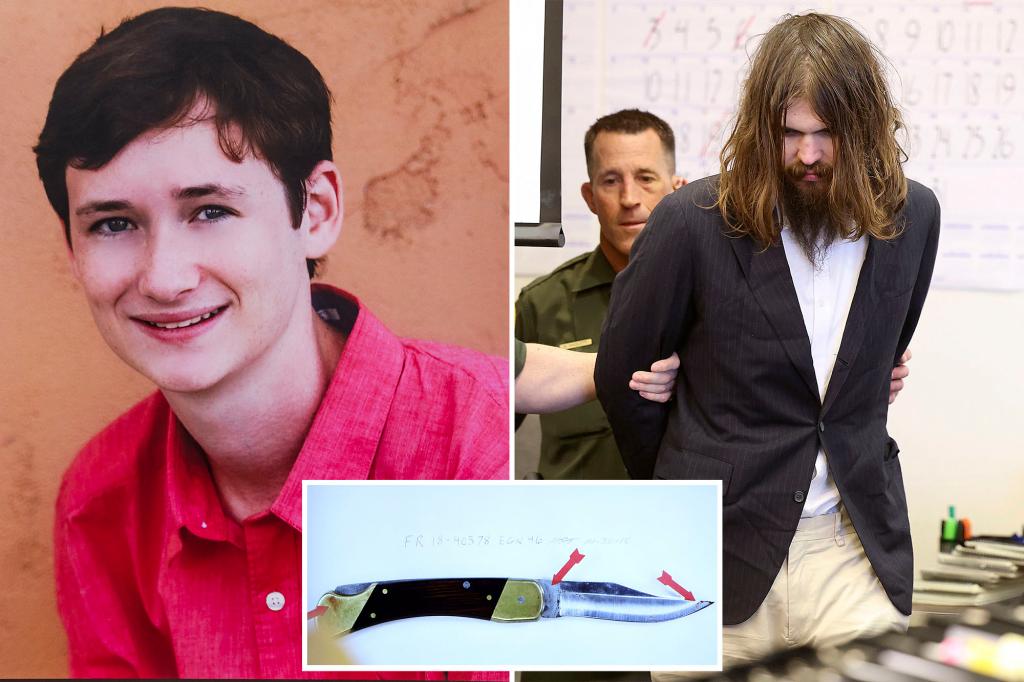A gay, Jewish California teen named Blaze Bernstein was murdered over six years ago, allegedly by his former classmate Samuel Woodward, who is now on trial for the crime. Blaze had reconnected with Samuel on Tinder in 2017, and exchanged messages about potentially hooking up. Woodward’s defense attorney acknowledges that his client killed Bernstein, but denies that it was a hate crime motivated by Bernstein’s sexual orientation.
The trial revealed texts sent by Bernstein to his friends expressing excitement about the prospect of being intimate with Woodward, despite promising to keep their interactions a secret. Bernstein seemed unaware that Woodward was involved with a violent, anti-gay group called Atomwaffen Division, which preyed on gay men online. Woodward had joined the group and targeted gay men for entertainment by initiating contact then abruptly ending communication.
Following their initial conversation on Tinder, Woodward told Bernstein he was looking for black women to date and male companions for hunting, but was merely curious about connecting with Bernstein. After Bernstein called Woodward cute, the latter expressed interest and suggested he might make an exception. The two eventually agreed to meet in person, leading to a series of events that ended tragically.
After communicating online, Woodward picked Bernstein up in his car and brought him to Borrego Park, where Bernstein was last heard from before he went missing. His body was later discovered in a shallow grave in the park, having been stabbed 28 times, mostly in the face and neck. Police found incriminating evidence at Woodward’s home, including a bloody knife matching the murder weapon and hate-filled emails detailing his anti-gay and anti-Semitic sentiments.
The trial further revealed Woodward’s disturbing behavior and state of mind leading up to the murder, including his involvement with the white supremacist group Atomwaffen Division, and his apparent pleasure in terrorizing gay men online. Despite his attorneys denying that the murder was a hate crime, the evidence presented during the trial painted a troubling picture of Woodward’s mindset and actions leading to Bernstein’s death. The trial continued to unfold as prosecutors and defense lawyers presented their cases.
Woodward, who pleaded not guilty to murder with a hate crime enhancement, faced trial years after the murder due to his mental health issues and changes in his legal representation. The case shed light on the complexities of hate crimes, mental health, and the impact of online radicalization on individuals like Woodward. As the trial progressed, more details emerged about the nature of Woodward’s relationship with Bernstein, the events leading up to the murder, and the aftermath that left Bernstein’s family and friends devastated.













